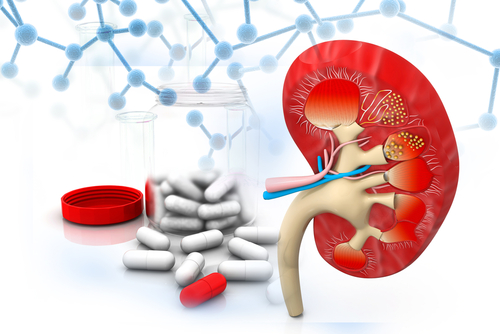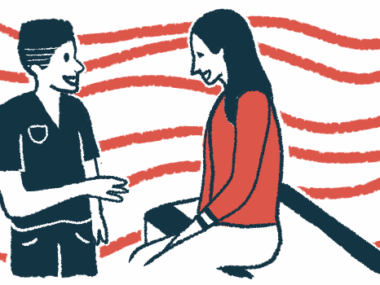FAQs About Dialysis in aHUS
Written by |

Atypical hemolytic uremic syndrome (aHUS) is a rare disease characterized by the formation of blood clots in the small blood vessels of the kidneys. The kidneys filter waste out of the blood, but blood clots may interfere with blood flow and prevent the kidneys from doing their job.
Approximately 70% of aHUS patients eventually need dialysis — a process that does the work of the kidneys by filtering the blood. Here are a few frequently asked questions and answers about dialysis.
What is dialysis?
Dialysis involves filtering waste out of the blood when the kidneys are not able to do so. There are two main types: hemodialysis and peritoneal dialysis. Hemodialysis involves removing the blood from the body filtering it and returning it to the body. Peritoneal dialysis uses the lining of the abdomen as a filter. You need to pump fluid into your abdominal cavity, and wastes diffuse out of the small blood vessels in the peritoneum (the lining of the abdominal cavity) into the fluid.
Will I need it forever?
Most aHUS patients who require dialysis need temporary support for their kidney function. Only about 1 in 5 patients have severe kidney dysfunction to the extent that they need continuous dialysis for the rest of their lives.
Can I do it at home?
Depending on the type of dialysis you need, you may be able to do it at home. Many patients, however, need to go to a hospital or clinic several times a week.
How long does it take?
This depends on the needs of the patient. Many people need hemodialysis about three times a week, and each session takes about four hours.
Peritoneal dialysis can be done in about an hour, several times a day, or overnight, while the patient sleeps.
It’s important to perform dialysis on the schedule your doctor recommends.
Do I need to eat a special diet?
It’s recommended you eat a “heart-healthy” diet that helps protect your kidneys. This diet is low in salt, potassium, and fat. It is rich in fruits, vegetables, low-fat dairy, nuts, legumes, and lean protein.
You may also need to manage your fluid intake.
Will I be able to go back to work?
Most patients are able to go back to work once they have adjusted to dialysis. However, if your job involves manual labor or heavy lifting, you may not be able to continue working.
Will I be able to travel?
Most patients are able to travel. You will either arrange with your doctor in advance to have your dialysis treatments near your destination, or you will be set up with a portable dialysis machine. You’ll need a little more time to plan for travel and to make arrangements, so talk with your doctor early if you are thinking of traveling.
Will it cure my kidney disease?
No. Dialysis won’t cure kidney disease or aHUS. It will only provide support so that your kidneys may be able to recover from damage.
Does it hurt?
There are small procedures you will require for dialysis — a port for hemodialysis, and a small surgery for peritoneal dialysis. These procedures may be uncomfortable, but the process itself should not hurt. Some patients may, however, experience complications.
Should I stop exercising?
No. Exercise and moving are good for you and may help combat fatigue and insomnia caused by dialysis. Talk with your treatment team to figure out the best exercise routine for you.
What are the potential complications?
Not everyone experiences complications. Your healthcare team will let you know what symptoms you should expect as a result of dialysis. Many patients experience low or high blood pressure, muscle cramps, sleeping problems, anemia, and fluid overload. Some patients develop inflammation around the heart (called pericarditis). You should also keep an eye out for signs of inflammation or infection surrounding the dialysis port.
Last updated: May 4, 2020
***
AHUS News is strictly a news and information website about the disease. It does not provide medical advice, diagnosis, or treatment. This content is not intended to be a substitute for professional medical advice, diagnosis, or treatment. Always seek the advice of your physician or other qualified health provider with any questions you may have regarding a medical condition. Never disregard professional medical advice or delay in seeking it because of something you have read on this website.





